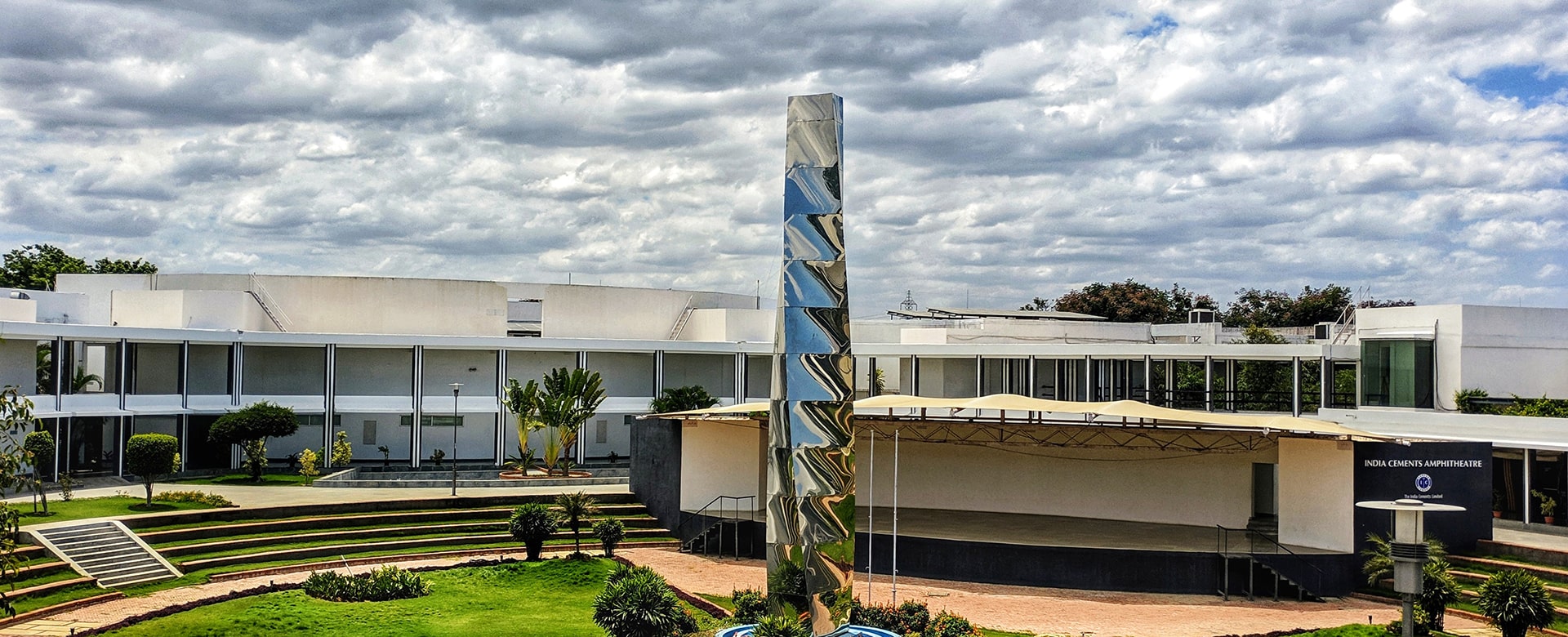
If you're passionate about research in business and management, pursuing a PhD or Fellow Programme in Management (FPM) is a natural next step. But with so many B-schools offering doctoral programs across India, how do you choose the right one?
Whether your goal is to become a professor, researcher, policy advisor, or industry thought leader, selecting the right PhD institute can shape your academic journey and career outcomes. Here's a practical guide to help you make an informed decision.
1. Choose Between PhD and FPM
In the management space, you’ll come across both PhD in Management (offered by universities) and Fellow Programme in Management (FPM) (offered by leading B-schools like IIMs, XLRI, Great Lakes). Both are equivalent to a doctoral degree.
- FPMs are often more industry-relevant and globally benchmarked
- PhDs from UGC-accredited universities are typically more academic in orientation
2. Check the B-School’s Reputation and Research Strength
Not all management institutes are research-driven. Prioritize B-schools with a strong academic reputation and a proven track record in management research.
Look for:
- Top-tier institutes like IIMs, ISB, XLRI, Great Lakes Institute of Management, SPJIMR
- B-schools with NIRF rankings, international accreditations (AMBA, AACSB, EQUIS)
- Institutions that regularly publish in peer-reviewed journals and participate in global research forums
3. Evaluate Faculty and Research Fit
This is critical. Your research experience depends heavily on faculty mentorship and alignment with your area of interest.
- Go through faculty profiles on the website
- Read their research papers, publications, and case studies
- Reach out to current scholars or alumni to understand mentorship quality
- Check if faculty collaborate with industry, which adds relevance to your research
4. Examine the Research Ecosystem
Choose an institute that actively promotes research through:
- Dedicated Research Centres
- Access to databases (EBSCO, Bloomberg, CMIE, etc.)
- Research-focused seminars, conferences, and collaborative projects
- Encouragement for interdisciplinary research (e.g., management + AI, or management + psychology)
The more vibrant the research culture, the richer your PhD experience will be.
5. Admission Process and Entrance Exams
For most management PhD/FPM programs in India, you need:
- A Master’s degree or equivalent (often with 60% or more)
- Valid test scores from CAT, GMAT, GRE, UGC-NET/JRF, or XAT
- A well-articulated Statement of Purpose (SOP)
- Sometimes a research proposal, especially for advanced tracks
- Personal interview
Check individual institute websites for program-specific criteria.
6. Funding and Fellowships
Top institutes often provide full funding, including:
- Monthly stipend/fellowship
- Contingency grants for research-related expenses
- Financial support for attending national and international conferences
This allows you to focus entirely on research without financial stress.
7. Post-PhD Opportunities and Academic Network
Your PhD shouldn’t just end in a thesis. Look for institutes with:
- Strong alumni networks in academia and industry
- Opportunities for postdoc research, teaching fellowships, or case publishing
- Good placements in leading universities, research bodies, or global firms
For example, FPM graduates from Great Lakes or IIMs often join academic institutions or high-level strategy roles.
Interested in Management Research?
Explore the Fellow Programme in Management (FPM) at Great Lakes, where research meets real-world impact through global mentorship and deep industry connect










